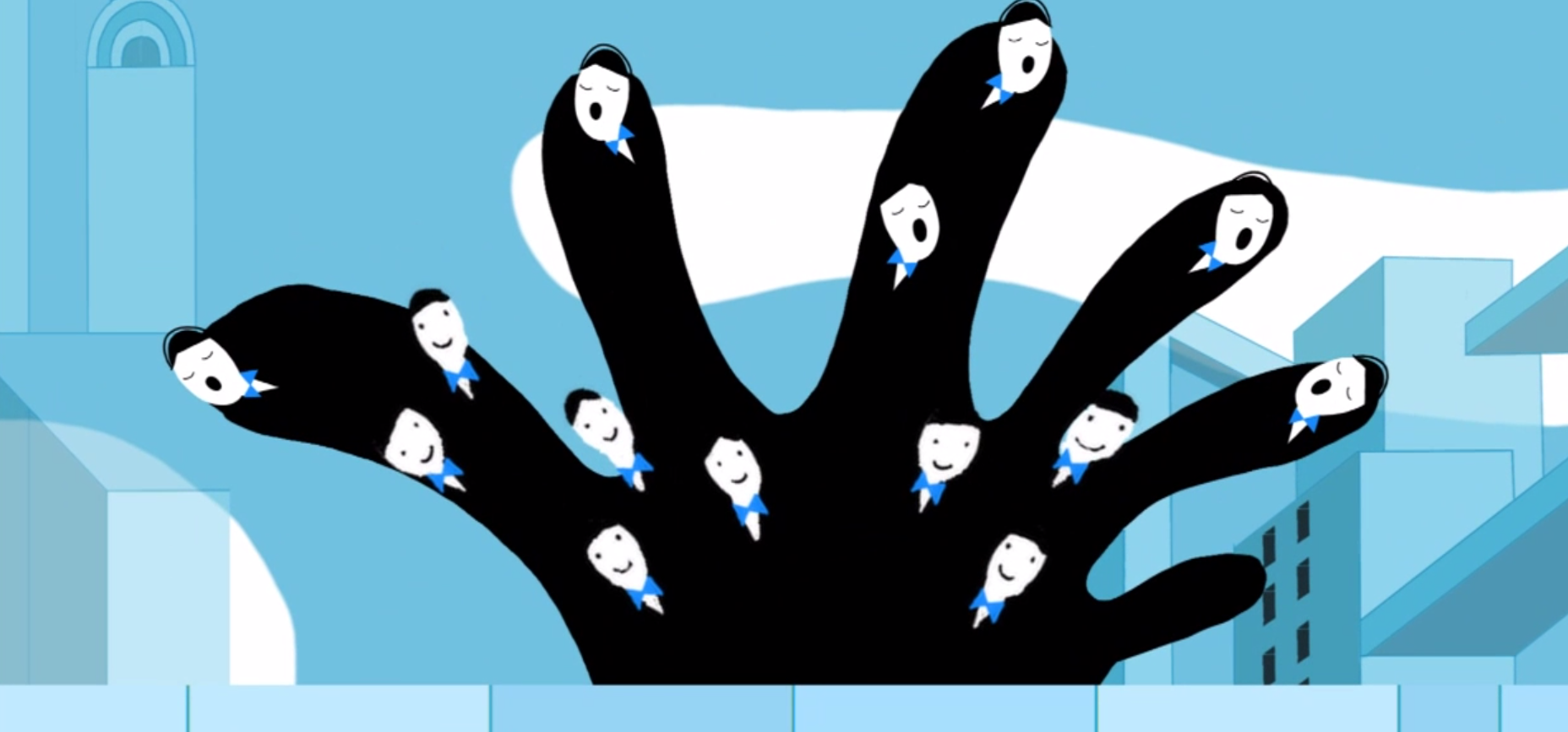 I'm feeling a bit of pressure to put nice pictures at the start of my blog posts because the new homepage layout features whichever picture is first. Corpus tables make boring pictures, so I am using this as an excuse to share with you a delightful animation, Choir Tour:
I'm feeling a bit of pressure to put nice pictures at the start of my blog posts because the new homepage layout features whichever picture is first. Corpus tables make boring pictures, so I am using this as an excuse to share with you a delightful animation, Choir Tour:So, with that out of the way, @gwynf has asked me about preach to the choir versus preach to the converted, which was a nice coincidence because I'd recently looked it up myself. Either phrase means 'pointlessly make an argument to those who already agree with your point of view'. I felt like I've always said converted and that I'd learned choir in the UK. I think the first of those feelings is accurate (I do believe converted is what my mom said and it is what I say), the second probably isn't, since choir is clearly the preferred American phrasing:
 |
| From GloWBE corpus |
Preach to the congregation is also found in BrE, but in much, much smaller numbers. (In this corpus: three!) A related BrE expression is sing from the same hymn sheet i.e. 'share an opinion or position'. Both AmE and BrE also have sing the same song/tune. (Thanks for pointing that out @UnexpectedBag.)
Maybe (and I know I'm going to make enemies here) I like converted better because I mostly really don't care for choral music. (Sometimes it's less the music that's the problem than the choir.) I don't want to preach to the choir because if I pay them too much attention they might guilt me into going to their charity concert at Christmastime and sitting miserably through it, thinking "I could die later today and I will have wasted my last hours here." I know I shouldn't admit to not liking choirs. They're like mobs. They could (orig. AmE) beat me up.
Anyhow, the word choir is worth discussing too. In BrE there are choirs all over the place. Many of my friends (who will soon be beating me up) are in them. And many, many of them are non-religious. Community choirs they're called, and they do everything from classical to indie music to gospel (for the music, not necessarily for the gospel). BBC (BrE) programmes Last Choir Standing, The Choir, and The Naked Choir give an inkling of the popularity of choral singing as a secular activity.
In the US, choir is more associated with church-affiliated groups and maybe some classical ones. My school didn't have a choir, it had a chorus. Other terms like chorale and glee club give a sense that the group is singing works that are not necessarily choral in origin. (At least, that's the sense they give me--but there's nothing to stop a chorus from singing non-choral works either. My school chorus memories are of a bunch of kids belting out cheesy Christmas songs at the tops of our lungs with no attention to cooperation or harmony.) Various websites out there argue about the differences between these various terms. The fact that they have to argue probably means that the terms aren't being used in any consistent way. I would take chorale and glee club to be much more old-fashioned terms.
A look at statistically-strongly-American (pay attention to the green ones) versus statistically-strongly-British words before choir in the Corpus of Global Web-Based English shows that choir gets more of a (orig. AmE) workout in BrE:
But then there's (AmE) show choir, a type of non-religious school singing-and-dancing group that was brought to the world's attention by the television (AmE) show Glee. I've written about that before--so please see/discuss at that old post.
----------
Before I (AmE) go hide (BrE/some AmE go and hide) from the angry singing mobs, I'll just note that I'm on BBC Radio 3's The Verb this Friday (11 Nov) at 22.00 (UK time). It's available online for a month afterward. I think we'll be talking about words for the generations, so to speak.















